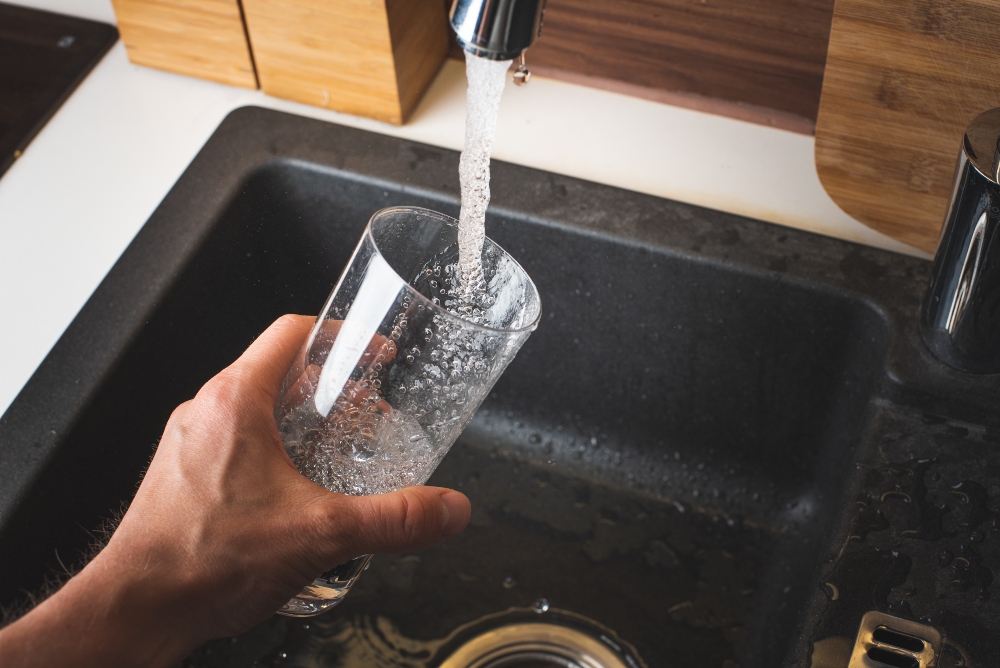Water is an essential part of our lives. However, due to the increased pollution rate from factories, dirt, and germs, water becomes unfit for human consumption. As a result, you are likely to contract water-borne diseases.
Fortunately, you can purify contaminated water using a water purifier to ensure that it is safe for human consumption. A quality water purifier filters excess impurities, retaining essential nutrients for your body.
Choosing a good water purifier for your family can be challenging. It is because there are many water purifier brands and options. However, proper research and feedback from friends or relatives can help ease the process.
Here are tips to consider when deciding which water purifier you should get for your family.
Table of Contents
Water Quality
Before purchasing a water purifier, it is essential first to evaluate the quality of water you get in your area. It is because the quality of water is not the same in all areas.
For instance, in some areas, the water contains sediments, while in others, the water contains invisible germs that can affect your health.
You can quickly identify the above quality of water by smell, taste, and physical appearance.
For example, if the water leaves white patches in a steel bucket, it means that calcium and magnesium are present. To purify this water, you need an RO water filter.
Buying the right water purifier becomes easy when you know the quality of water you use in your home.
Types of Water Purifiers
There are different types of water purifiers in the market. Each uses a different purification technology from the other.
To make the right decision, you have to understand the different purification technologies. The type of purifier you choose will depend on your budget and water quality.
RO water purifiers
Before purchasing an RO water purifier, you need to answer the question, “does reverse osmosis remove bacteria and viruses?”
Reverse osmosis purifiers are ideal for homes using water with a high TDS level. They remove fluoride, heavy metals, arsenic, and toxic impurities from water.
It is essential to ensure that your RO water purifier has a TDS controller. Otherwise, it will remove even the essential minerals. They require running water and electricity to function.
UV water purifiers
UV water purifiers use ultra-violet rays to remove germs, viruses, and contaminants present in water. It requires running water and electricity to run.
They are ideal for purifying Municipal Corporation and tap water. Unfortunately, it does not remove dissolved salts present in the water.
Gravity based water purifiers
These are one of the most budget-friendly purifiers in the market, and they do not require electricity to run. It is used in homes where the level of TDS is low.
It removes chlorine, dust, and bacteria from water. Gravity based water purifiers are not capable of converting hard water to soft water.
Storage Capacity
Before buying a water purifier, it is advisable to consider the storage capacity. You will need a water purifier with a large storage capacity if you reside in an area prone to blackouts.
The purpose of the storage tank is to store already purified water. If you have a small family, a water purifier with a 5-10 liter storage tank is recommended.
Automated water purifiers begin to purify water when the level of water in the storage tank declines.
Contaminants
The kind of water purifier you buy will depend on the contaminants present in the water you are using in your home.
The most common pollutants include chlorine, bacteria, dissolved salts, viruses, and so forth.
If the level of contaminants is high, it is recommendable to buy a UV and RO based water purifier. The UV removes viruses and bacteria, while the RO membrane eliminates germs.
You can always test water for contaminants in a lab, if not sure which you are dealing with.
Certifications
The perfect purifier for your family should have legit certifications. If a water purifier brand is certified, it probably means that the product is authentic and trustworthy.
Maintenance
Before deciding to buy a particular purifier, ensure that you gather all the information concerning maintenance and after-sale services. It is not advisable to buy a water purifier that will require frequent maintenance services.
The above tips will help you buy a good water purifier for your family. As a result, you will prevent water-borne diseases. Do not be lured by advertisements. Instead, do your research.
- How Primary Care Doctors Are Your First Line of Defense - December 23, 2024
- Live-In Caregiver Jobs: Providing Support, Building Bonds - December 19, 2024
- Caring for Your Porcelain Veneers: Tips for a Lasting Smile - November 12, 2024
